裕兴新概念笔记第一册_精排
Lesson1excuse΄1)v.原谅΄eg.Excuseme.请原谅,劳驾。2)n.借口΄eg.It΄sanexcuse.΄mepron.我(宾格:用来做宾语的。)΄eg.Helovesme.他爱我.΄eg.Shecheatsme.他骗我.΄eg.Pleasetellme.他告诉我.Excuseme的用法这个短语经常被译作“对不起”,但它并不表示你有什么过错,而是说你要打搅别人,所以常被译作“劳驾”。1)为了要引起别人的注意΄eg.Excuseme.Isthisyouhandbag?2)要打扰某人或要打断别人话΄eg.Excuseme.MayIaskyouaquestion?3)向陌生人问...
相关推荐
-
《基于科学探究核心素养的高中生物教学案例的开发与实施研究》结题报告
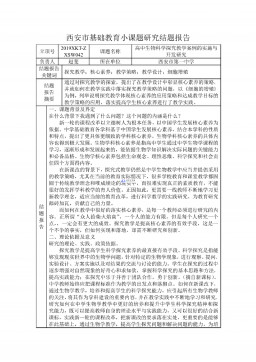
 2025-05-09 10
2025-05-09 10 -
走近小课题-幼儿园教育版
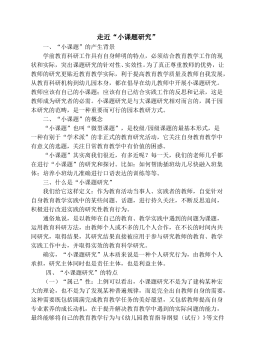
 2025-06-08 12
2025-06-08 12 -
转变学习方式 展现幼儿主体性 总课题研究报告
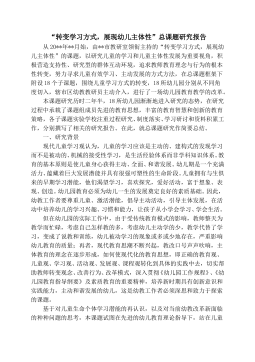
 2025-06-08 12
2025-06-08 12 -
周至县教育局2017年度教育科研小课题结题报告:《高中语文作业的有效性研究》

 2025-06-08 12
2025-06-08 12 -
中学语文课题研究案例3篇
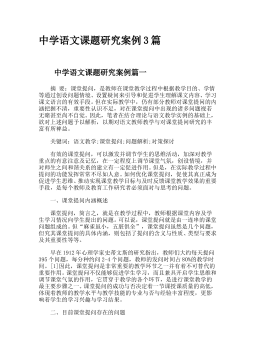
 2025-06-08 12
2025-06-08 12 -
中学语文课堂教学艺术研究论文
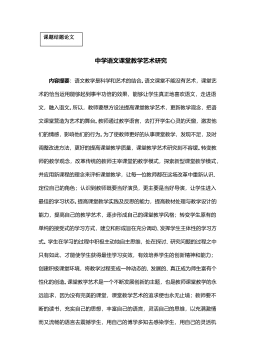
 2025-06-08 9
2025-06-08 9 -
中学数学课堂教学发展性评价的研究方案
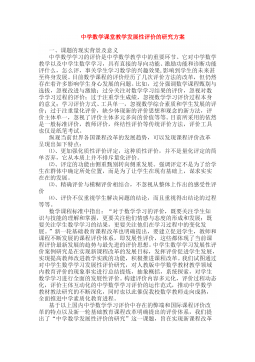
 2025-06-08 10
2025-06-08 10 -
中学生自主学习能力培养研究

 2025-06-08 11
2025-06-08 11 -
中学生抗挫折能力的培养研究结题报告

 2025-06-08 11
2025-06-08 11 -
中学生过度使用手机危害研究性学习报告
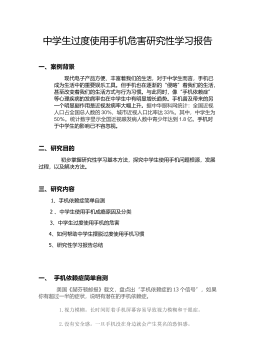
 2025-06-08 11
2025-06-08 11
作者详情
相关内容
-
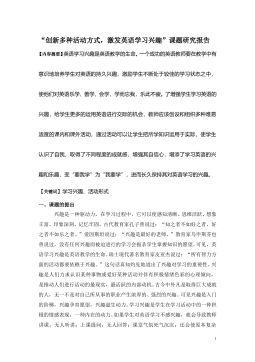
“创新多种活动方式,激发英语学习兴趣”课题研究报告
分类:
时间:2025-06-11
标签:无
格式:DOC
价格:10 玖币
-
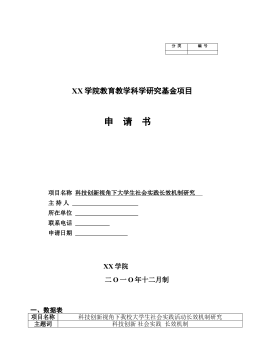
(完整word版)高校教改课题申报书范文
分类:
时间:2025-06-11
标签:无
格式:DOC
价格:10 玖币
-
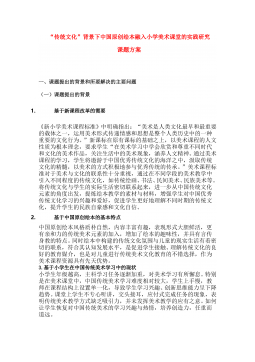
“传统文化”背景下中国原创绘本融入小学美术课堂的实践研究
分类:
时间:2025-06-11
标签:无
格式:DOC
价格:10 玖币
-
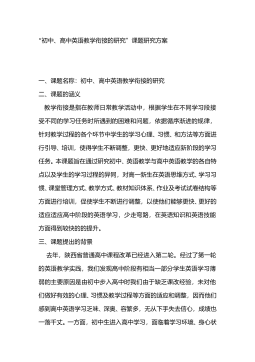
“初中、高中英语教学衔接的研究”课题研究方案
分类:
时间:2025-06-11
标签:无
格式:DOC
价格:10 玖币
-
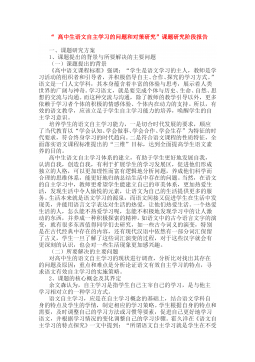
“ 高中生语文自主学习的问题和对策研究”课题研究阶段报告
分类:
时间:2025-06-11
标签:无
格式:DOC
价格:10 玖币




 渝公网安备50010702506394
渝公网安备50010702506394
